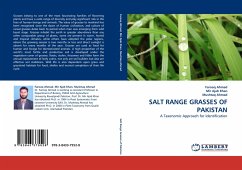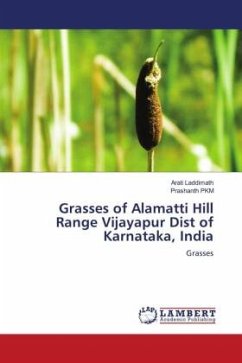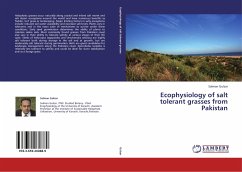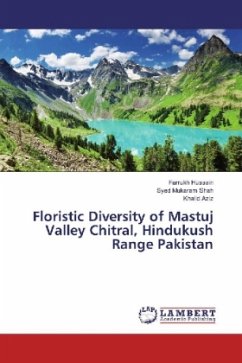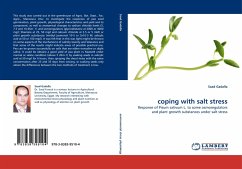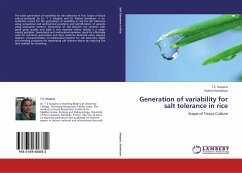Grasses belong to one of the most fascinating families of flowering plants and have a wide range of diversity and play significant role in the lives of human beings and animals. The value of grasses to mankind has been recognized since the dawn of human civilization, and culture of cereal grasses dates back to period when man was emerging from wild beast stage. Grasses inhabit the earth in greater abundance than any other comparable group of plants, some are present in warm, humid and tropical climates, while others have adopted the polar regions, where the growing season is two months or less and direct sunlight is absent for many months of the year. Grasses are used as food for human and forage for domesticated animals. A high proportion of the world's most fertile and productive soil is developed under the vegetation cover of grasses. Roots, stolen, rhizomes and littler form the annual replacement of leafy culms, not only are soil builders but also are effective soil stabilizers. Wild life is also dependent upon grass and grassland habitats for food, shelter and normal completion of their life cycle.
Bitte wählen Sie Ihr Anliegen aus.
Rechnungen
Retourenschein anfordern
Bestellstatus
Storno

